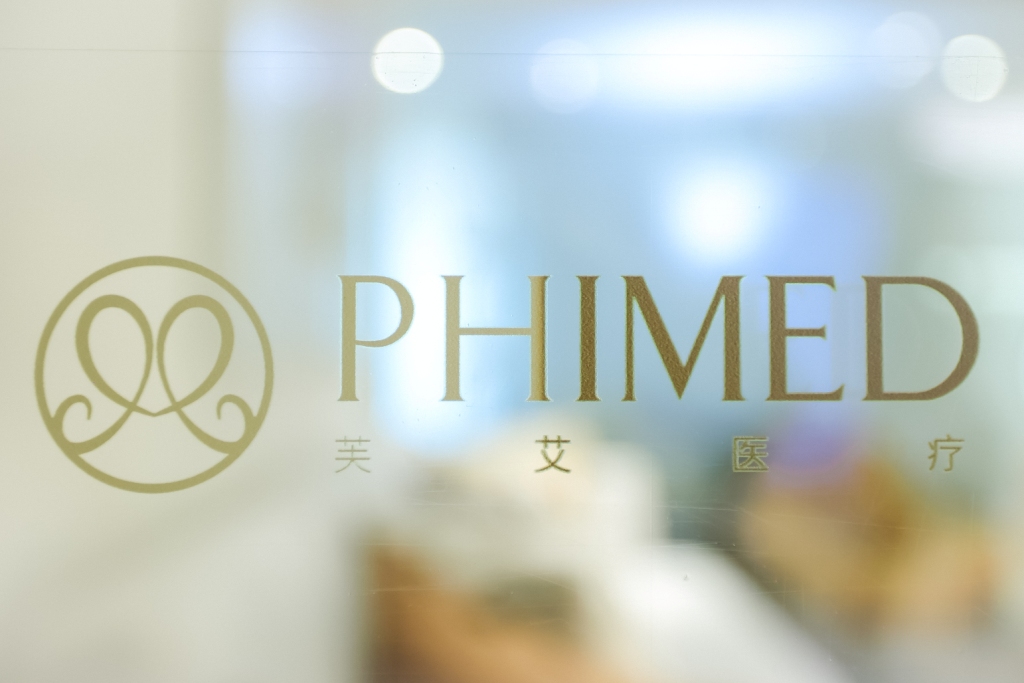China has granted approval for a drug called Oligomannate, which is said to be effective in treating mild to moderate forms of Alzheimer’s disease. The new drug is the first new pharmaceutical aimed at the disease in 17 years, and will be available to patients before the end of 2019, according to China Daily.
The drug was made using an extract of marine brown algae, or seaweed, and took 22 years to develop. The inspiration behind the use of marine brown algae came from the low occurence of the disease in elderly people who eat seaweed, according to the South China Morning Post.
Geng Meiyu led a team of researchers at Shanghai Institute of Materia Medica under the Chinese Academy of Sciences, with the help of Ocean University of China and Green Valley Pharmaceutical Co., Ltd. in developing the new drug.
According to Geng, a sugar within seaweed is able to suppress bacteria which causes neural degeneration.
Development of the drug is said to begin within a week, with the drug set to be available from December 29, 2019 onwards. The first batch of drugs will be able to treat around 2 million people. Around 10 million people in China suffer from the disease.
[Cover image via China Daily]




















0 User Comments